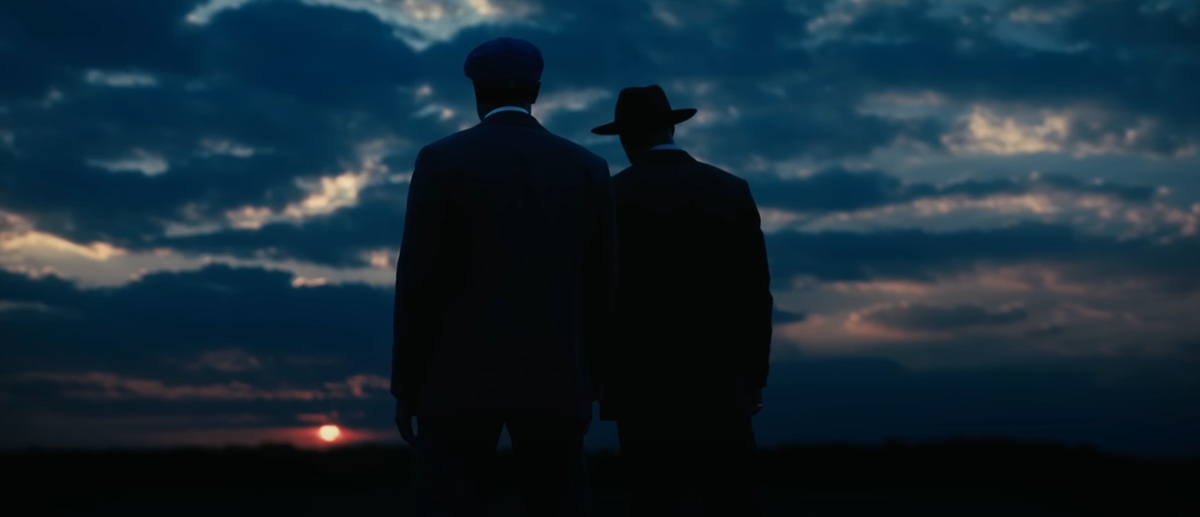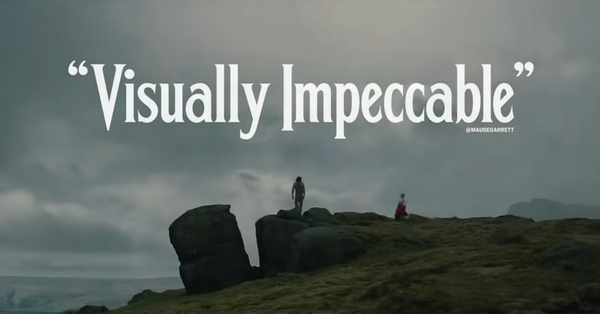The 'Righteous' and the 'Sinners' alike
Two entirely unexpected good-faith takes on religion.

Last week marked the series finale of The Righteous Gemstones after four rollicking seasons on HBO Max (née Max, née HBO Max, née HBO Now, née HBO Go, née HBO). It also marked the week that Ryan Coogler's film Sinners passed the $300 million mark at the global box office, much to every movie studio's chagrin.
Both narratives traffic in religion and in matters of faith, and funnily enough, both properties wrap up with a significant amount of bloodshed. (That isn't a spoiler in the case of Sinners, which is very much marketed as a horror film, and in watching a trailer for the first time after seeing the movie, I realize that it is not only marketed as a very specific type of horror film, the trailer gives away pretty much the entire broad strokes of the movie.* In the case of Gemstones, it's only a spoiler for me to say that there is blood, but pretty much every season has involved a significant amount of fluids, so I can just leave it vague.)
While it isn't news, and I'm surprised to see that the number has been steadily declining since 1990, between 60 and 70 percent of Americans identify as some form of Christian. Many of these people who identify as such likely don't overtly espouse any particular faith regularly, but it's far from surprising that any time an athlete or musician or someone else achieves some feat, they give thanks to God, or "the Lord," or something to that effect. Growing up Christian (and this is even more true among those who were raised in evangelical or "charismatic" churches), one of the core tenets of the religion (not the faith) is that "the world" is against Christians, and that part of Believing is being persecuted. This is, of course, laughably absurd, but that's the drum that continues to be beaten. The Bible is about Christians being persecuted, so many churches persist that this is still the case. The Devil is everywhere, and The World is anti-Christian. (For more on this, I cannot more highly recommend Jason Kirk's incredible coming-of-age novel Hell is a World Without You.)
Danny McBride, the creator of The Righteous Gemstones, was raised Baptist in the South and very much grew up in the church. Ryan Coogler, the writer/director of Sinners, went to Catholic high school and college in the Bay Area. While both of these men likely have very complicated relationships with faith, they've both managed to walk very delicate balancing acts with their latest projects. Both Gemstones and Sinners lampoon and spotlight the pitfalls, hypocrisy and danger of organized religion (particularly evangelism and dogma), while never actually mocking the idea of faith itself.



